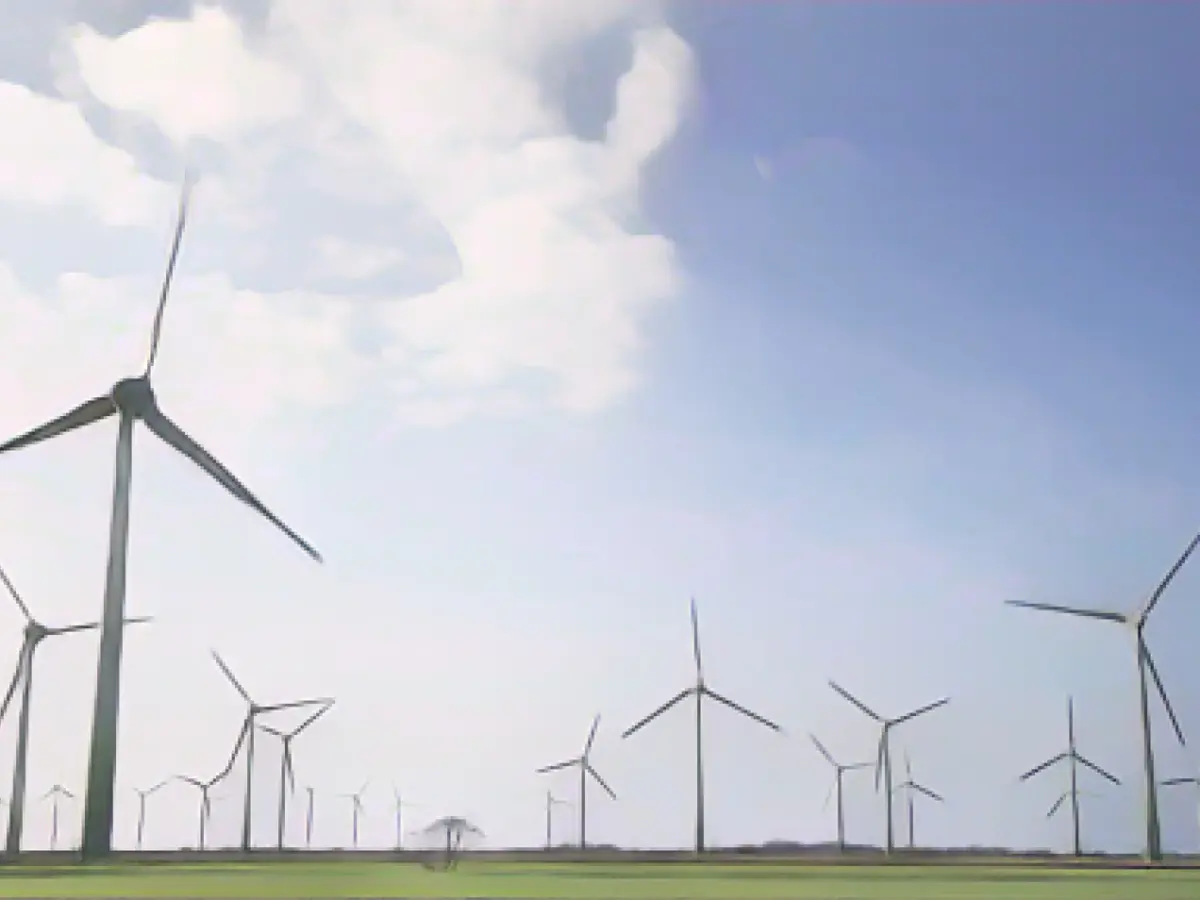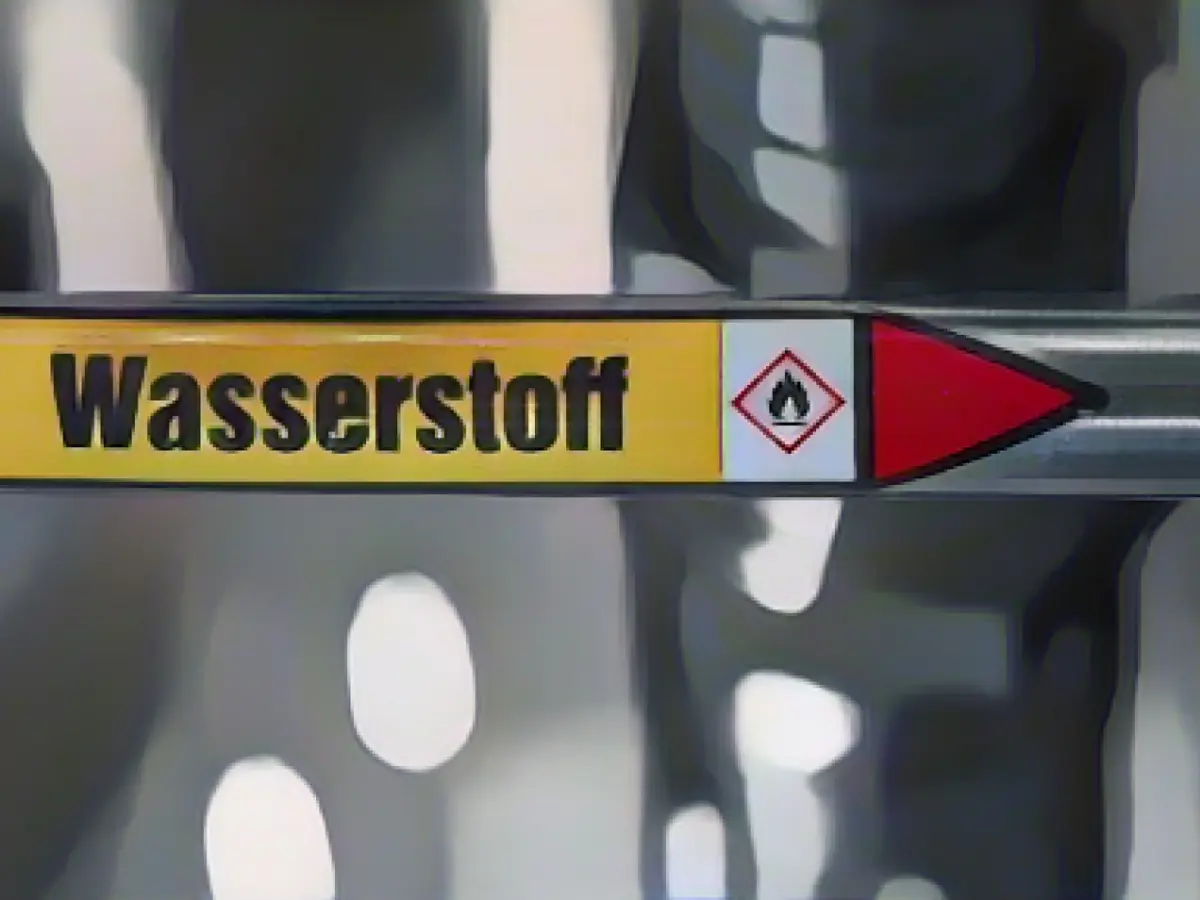Hydrogen Projects in Bremen: A Relatively Secure Prospect
Amidst the federal budget crisis, Bremen's Senator for Economic Affairs, Kristina Vogt (Left Party), believes that four hydrogen projects in Bremen are relatively secure. These projects, which also involve the states of Lower Saxony and Hamburg, are primarily funded from the Climate and Transformation Fund (KTF).
Vogt's assurance is based on consultations with Federal Economics Minister Robert Habeck (Greens), held in Berlin. According to Vogt, all four projects have already received a 'premature start of action', meaning companies involved might have already made investments. These projects include Dribe2 for the Bremen steelworks, Clean Hydrogen Coastline, Hyperlink, and Woplin.
The Federal Constitutional Court's ruling in November 2021 declared the reallocation of 60 billion euros from the 2021 budget unconstitutional. Consequently, the federal government cannot utilize funds intended for combating the coronavirus crisis for climate protection. This might significantly impact the KTF, a potential source of funding for these programs.
Even with this restriction, companies involved in the Dribe2 project, one of the secure hydrogen projects in Bremen, are still prioritizing alternative energies, particularly hydrogen production at the Bremen steelworks. Furthermore, the government's support for alternative energies remains unwavering for many companies.
Enrichment Insights:
- German's hydrogen import strategy emphasizes the importance of financial instruments and support for hydrogen production and import infrastructure. The strategy aims to encourage investment security in partner countries for hydrogen production and develop necessary import infrastructure.
- International cooperation with the UK, Norway, and other EU member states is essential to establish resilient hydrogen import relationships and utilize favorable production potential.
- The regulatory framework for investments in offshore wind capacity is being adjusted, and approval processes are being standardized to support the development of hydrogen infrastructure.
- Specific projects, such as the cross-border pipeline between Germany and Denmark, and the feasibility study for a hydrogen pipeline between Germany and Norway, are essential components of the strategy to establish a resilient hydrogen supply chain.
- Scotland is a potential partner in the development of a North Sea hydrogen corridor, with the Scottish Government welcoming the UK-Germany hydrogen agreement and expressing hope for its support in the common net-zero transition.








